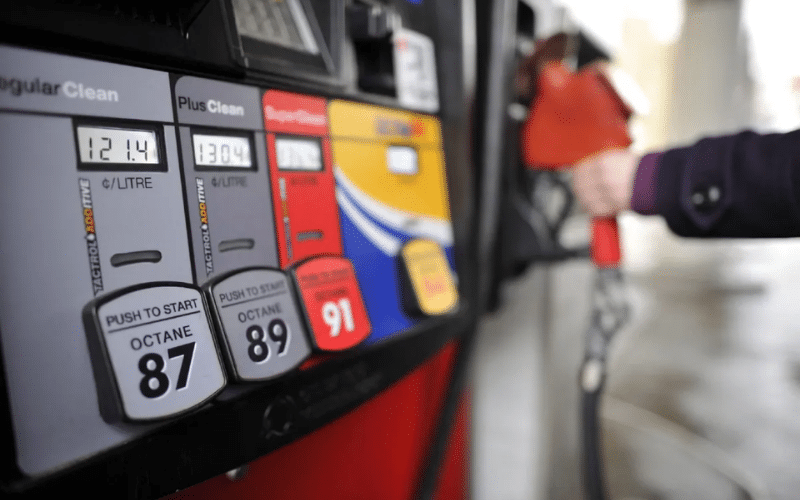Fuel credit cards and debit cards are two types of payment cards that allow users to purchase fuel at gas stations. However, there are some key differences between the two. A fuel credit card is a type of credit card that is designed specifically for use at gas stations. It typically offers rewards and discounts on fuel purchases, as well as other benefits such as cashback or points for other purchases. Users can use the card to pay for fuel and other purchases and then must make payments to the credit card company for the amount spent. On the other hand, a fuel debit card is linked to the user’s checking account and allows them to pay for fuel and other purchases using funds from their account. Unlike a credit card, there is no interest charged on purchases made with a debit card, but there may be fees or limits associated with its use.
Difference Between Fuel Credit Card and Debit Card
1. Credit vs. Debit:
The fundamental difference between fuel credit cards and fuel debit cards is that a credit card allows users to make purchases on credit, while a debit card only allows users to spend the available funds in their linked account. When a user makes a purchase with a fuel credit card, they are essentially borrowing money from the credit card company and will be required to make payments later, usually with interest. With a fuel debit card, the user is only spending money that they already have in their account.
2. Rewards and Discounts:
Fuel credit cards often come with rewards and discounts on fuel purchases. These rewards can take the form of cashback, points, or other incentives that can be redeemed for fuel or other purchases. Some fuel credit cards may also offer discounts or rewards for purchases made at other retailers. Fuel debit cards may also offer some rewards or discounts, but they are typically less generous than those offered by credit cards.
3. Fees and Limits:
While fuel credit cards may offer more rewards and benefits, they often come with fees and limitations. These can include annual fees, interest charges, and fees for late payments or exceeding credit limits. Fuel debit cards may also have fees and limits, but they are generally lower than those associated with credit cards. Some fuel debit cards may have daily or monthly spending limits, or may charge fees for certain types of transactions.
4. Credit Score Impact:
When a user applies for a fuel credit card, the credit card company will typically check their credit score and credit history. This can impact the user’s credit score, and if they are approved for the card, their credit utilization ratio may also be affected. On the other hand, using a fuel debit card has no impact on the user’s credit score, as they are not borrowing money or using credit.
Bottom line:
In summary, the main difference between a fuel credit card and a fuel debit card is that a credit card allows users to make purchases on credit and requires them to make payments later with interest, while a debit card only allows users to spend the available funds in their linked account without interest but with possible fees or limitations. Fuel credit cards often come with rewards and discounts on fuel purchases, while fuel debit cards may have fewer benefits but offer more control over spending as it only uses existing funds. Ultimately, the choice between a fuel credit card and a fuel debit card depends on the user’s preferences and financial situation.





